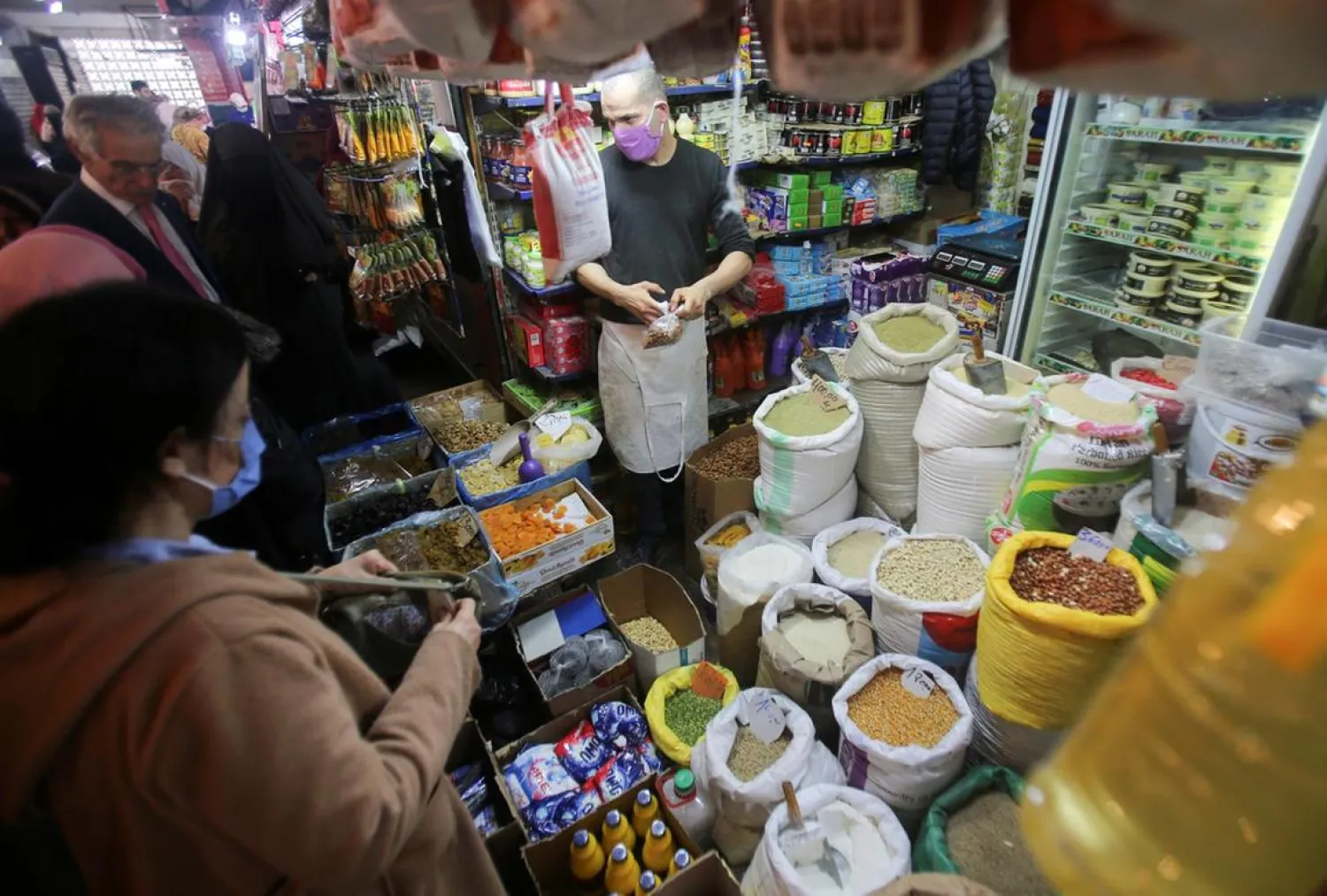Algerian Minister of Trade, Kamel Rezig has been slammed for violating precautionary measures imposed by the government to prevent the novel coronavirus outbreak in the country.
Rezig published three photos on his official Twitter account and wrote a caption saying, “I was honored to visit the oldest neighborhood in Boufarik,” a virus hotbed, on the occasion of the Eid al-Fitr holiday.
Pictures showed the minister was in close contact with other people, who were wearing masks.
His followers on social media criticized him, stressing that he is not respecting social distancing rules.
The minister is notorious for failing to adhere to virus precautions, with his glaring infractions coming to light during surprise inspections of popular markets and shops during the holy month of Ramadan.
Meanwhile, the government hinted that it would start easing virus restrictions, starting from June 1, with a gradual return to normal.
A statement from the Presidency on Monday evening stated that “wearing the mask is just as effective as sanitary confinement, hence the need to make it compulsory for all.”
Wearing masks was not mandatory in public spaces in Algeria until Monday.
Failing to wear a mask will incur fines, ranging between 10,000 and 20,000 Algerian dinars (between $40 and $80), with the possibility of jail for a period of three days.
Minister of Health, Population and Hospital Reform Abderrahmane Benbouzid pledged last week to provide 500,000 masks per day, to be distributed for citizens for free.
Many Algerians have complained about not receiving their masks, which are also not available in most pharmacies and with some shops selling them at high prices.
In statements to reporters, Benbouzid affirmed that the government has prepared a plan to ease quarantine measures, noting that it will not start implementing it unless the number of daily infections decreased to 50. The current rate has been 170 cases per day for almost a month now.
The number of those infected is approaching 10,000, and more than 600 people have died from the virus.
The Minister stressed that wearing masks is a necessary condition for returning to normal life.









